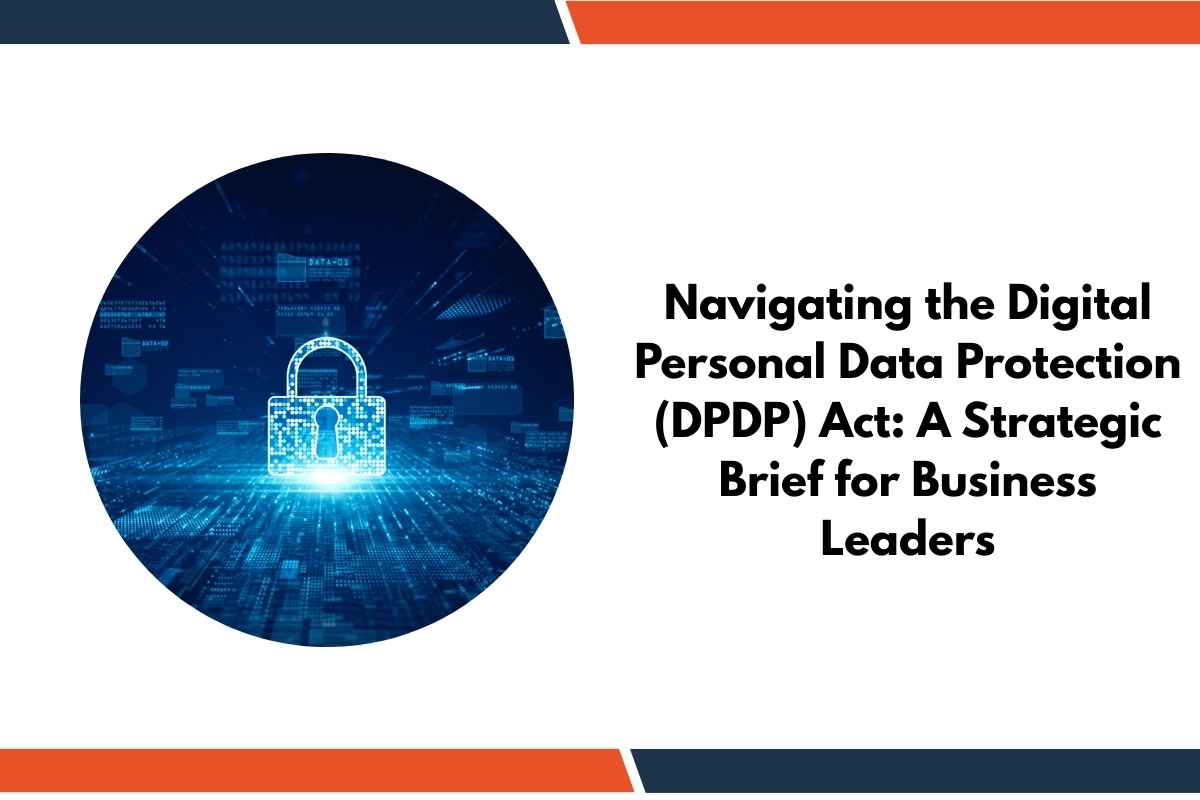Fighting counterfeit sellers online can feel like a frustrating game of whack-a-mole. As soon as one is taken down, another pops up under a new name. This endless cycle makes it nearly impossible for brands to protect their reputation and keep consumers safe. So, how can a brand effectively fight these phantom infringers in the sprawling digital marketplace?
A landmark ruling by the Delhi High Court in a case involving Reliance Industries has provided a powerful answer. By extending the use of a flexible and potent legal tool the dynamic injunction to trademark law, the court has forged a new shield for brands against widespread online brand misuse.
Also Read : E-Commerce Platform Liability Demystified: Safe-Harbor Limits and Platform Control Post-Lifestyle Equities
Understanding the Reliance Case
The Brands Involved:
Reliance Industries Ltd. and its affiliates own a vast portfolio of well-known trademarks including AJIO, Reliance Trends, and Reliance Digital.
The Problem:
Reliance discovered a network of deceptive e-commerce websites and social media handles that:
- Used identical or confusingly similar domain names.
- Displayed counterfeit logos and layouts mimicking Reliance’s official websites.
- Sold goods falsely branded as Reliance products.
Many of these infringing sites were “fly-by-night” operations once blocked, they would reappear under a new domain within days.
A dynamic injunction is a court order that doesn’t just target a fixed list of infringing websites. Instead, it allows the rights holder to add newly detected infringing domains or links to the injunction without having to start a fresh lawsuit each time.
Also Read : Keyword Advertising & Confusion: Decoding the MakeMyTrip vs. Booking.com Saga
What is a Dynamic Injunction?
This mechanism is especially useful for:
- Online counterfeiting networks that constantly change URLs.
- Phishing scams using brand names to mislead consumers.
- Serial infringers who hide behind ever-changing digital identities.
The Court’s Decision
The Delhi High Court recognized that a static injunction would be ineffective in this case. It:
- Granted a dynamic injunction empowering Reliance to block access to current and future infringing websites through internet service providers.
- Directed domain registrars to suspend deceptive domains upon Reliance’s request.
- Allowed the addition of new infringing websites to the order by filing an affidavit, without the need for a new suit.
Also read : Anti-Dissection vs. Dominant Part: Under Armour’s Landmark Victory at the Delhi High Court
Why This Ruling Matters
- Speed & Flexibility: Dynamic injunctions let brand owners respond quickly to new threats without starting lengthy court proceedings.
- Consumer Protection: Prevents unsuspecting customers from being duped by fake sites.
- Stronger Brand Enforcement: Gives companies like Reliance a powerful shield in the fight against online infringement.
Also Read : E-Infringement Exposed: The Landmark Amazon vs. Beverly Hills Polo Club Ruling and Its Broader Impact
Key Takeaways for Brand Owners
- Monitor Continuously: Dynamic injunctions work best when backed by active online brand monitoring.
- Act Early: The sooner you seek an injunction, the less damage infringers can cause.
- Think Beyond One-Off Orders: In the digital world, infringement is ongoing — your legal strategy should be too.
Also Read : Deceptively Similar Trademarks: Never-Ending Conflicts from the Perspectives of the Madras High Court
Conclusion
The Reliance case is a landmark in digital trademark enforcement in India. By embracing the concept of dynamic injunctions, the Delhi High Court has given brand owners a proactive weapon against the fast-evolving tactics of online infringers.
For businesses, the message is clear: in the digital marketplace, protecting your brand isn’t a one-time act it’s a continuous process, and dynamic injunctions are the future of that fight.
Author: Suresh Kumar is an Advocate at the Madras High Court and Managing Attorney at Unimarks Legal Solutions, Chennai. Since 2008, he has focused on trademark enforcement and litigation across the Madras HC IP Division, Commercial Courts, and District Courts in Tamil Nadu.
Disclaimer: The content provided here for Information purpose only; it shall not be construed as a legal advice. Last reviewed: August 2025.





